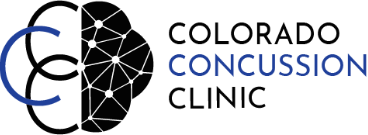Concussions are rehabilitative injuries. Gone are the days of resting until symptoms subside! As we have discussed previously, rest beyond the first couple of days following a concussion can be detrimental to long term recovery. There can be many symptoms following a concussion that affect different systems. These symptoms can include: dizziness, lightheadedness, balance impairments, headache, neck pain, fatigue, blurry vision, nausea, and eye fatigue. A physical therapist with specialized training in concussion can evaluate these symptoms and develop a treatment plan to assist patients with a more timely recovery.
Concussion and Sleep
I can’t fall asleep. I can’t stay asleep. I’m so tired all the time. I feel like a zombie.
Do any of these sound familiar? If so, you are not alone! Sleep disturbances are among the most common issues reported by patients following a concussion. Issues with sleep can include sleeping less than normal, sleeping more than normal, difficulty falling asleep, difficulty staying asleep, and of course, excessive fatigue. Research shows that sleep impairments following brain injury are associated with poorer overall recovery, cognitive impairment, and overall lower productivity (1,2).

